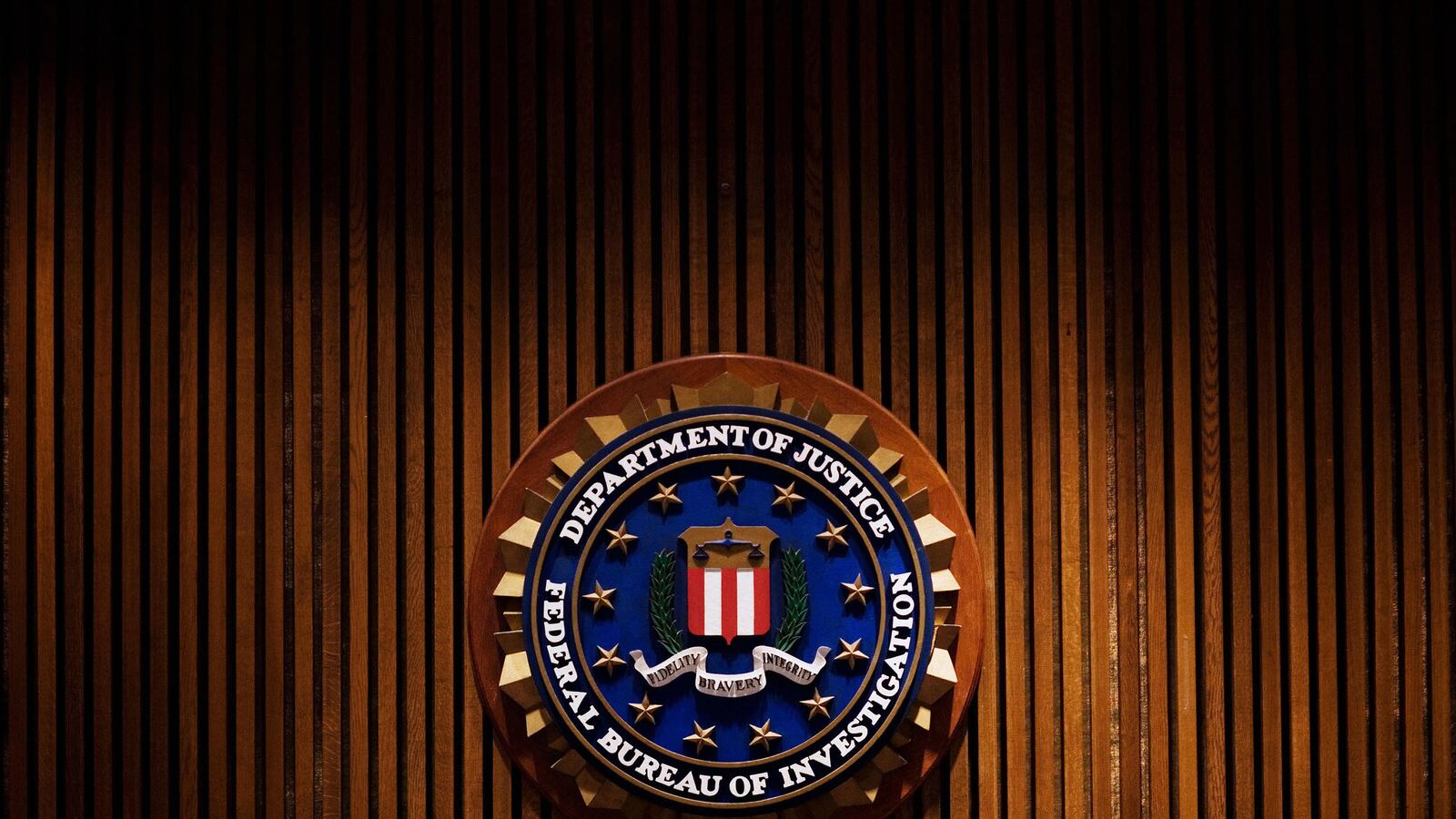The FBI’s use of a controversial program that collected Americans’ phone records decreased significantly after Edward Snowden exposed it to the world in 2013, a new report has found.
The program allows the FBI to get access to phone records—but not the content of phone calls—with permission from the Foreign Intelligence Surveillance Court. Between 2012 and 2014, that court approved 561 so-called “business records orders,” but that number dropped from a nine-year high of 212 in 2012 to 170 in 2014, a nearly 20 percent decrease, according to a review by the Justice Department’s inspector general.
The number fell again in 2015 to 142 orders. Snowden’s revelations helped fuel a change in U.S. law that ended the government’s practice of collecting and storing the phone records. Now, the government must request the information from phone companies.
A Justice Department official attributed the diminishing use of the program to the “stigma attached” to it after Snowden’s leaks. But there may be other factors, including the FBI’s increasing use of different tools under surveillance law, notably Section 702 of the Foreign Intelligence Surveillance Act. That section was associated with another controversial practice that Snowden exposed: collecting emails and other electronic information from large technology companies, including Facebook, Apple, and Google.
Intelligence-gathering under that program makes up the largest percentage of intelligence briefed each day to President Obama, and intelligence officials are expected to fight to preserve it when the law comes up for renewal in 2017.
—Shane Harris
Read it at DOJ




